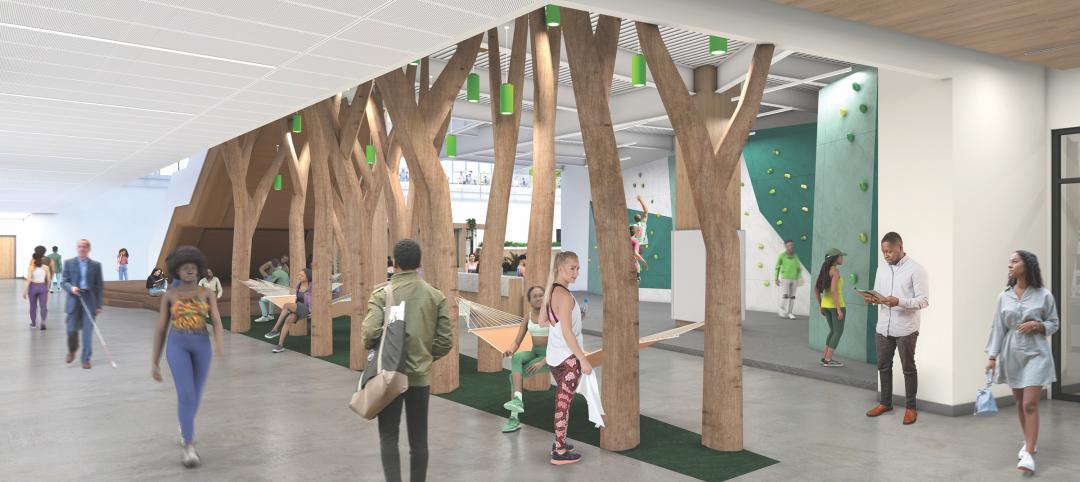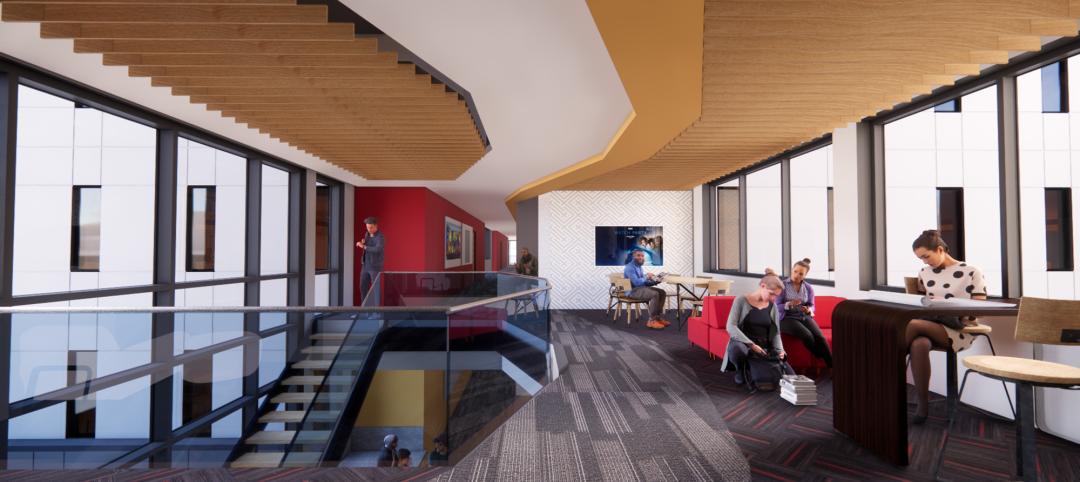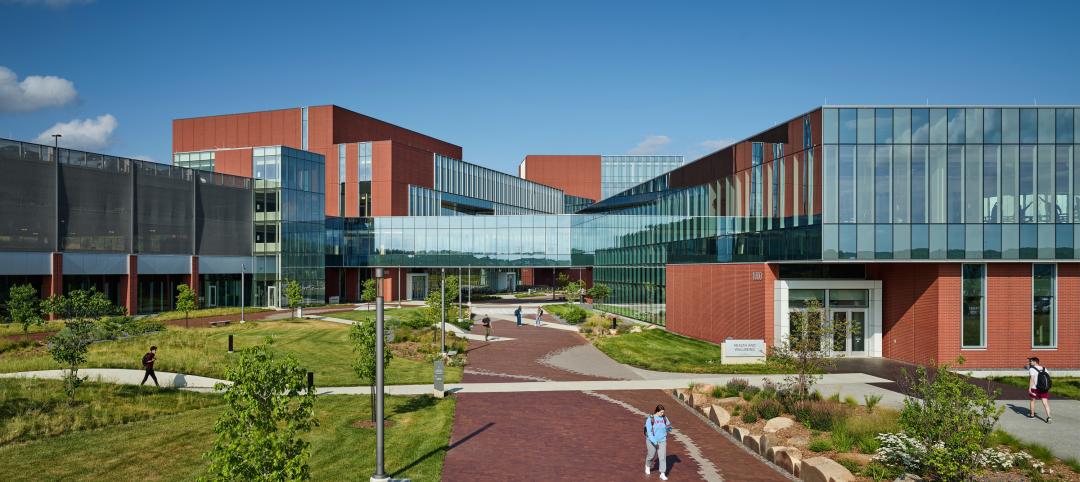At a recent meeting, the Concrete Reinforcing Steel Institute (CRSI) Board of Directors urged all CRSI producer members to revert to an inch-pound bar marking system for all sizes and grades of deformed reinforcing steel products. CRSI members produce more than 90% of domestic reinforcing steel.
The intention of this resolution is for all new rollings of reinforcing steel products to be marked with inch-pound bar markings no later than January 1st, 2014. Providing a 25-month phase in period should permit producer members sufficient time to re-tool finish roll inventory to the inch-pound marking system as rolls need to be replaced, significantly reducing or eliminating the need to unnecessarily cut new rolls to meet the resolution.
As the ASTM specifications for reinforcing steel products permit reinforcing bars to be marked in either soft metric, or inch-pound markings, existing inventory of soft metric bars can continue to be sold alongside inch-pound marked bars during and after the January 1st, 2014, phase-in target.
The intention of this resolution is to reduce confusion and the chance of errors or delays from the construction supply chain. CRSI members are strongly encouraged to revert to the inch-pound marking system for steel reinforcing bars as soon as practical to minimize any additional confusion to the supply chain of steel reinforcing bars.
This change is the result of several actions. The Federal Highway Administration no longer mandates metrification of federally funded road and bridge construction projects and all state Departments of Transportation no longer require materials to be specified and sourced in metric sizes/quantities. Additionally, a large majority of the non-governmental construction community never adopted metric measurements in their plans and specifications. The American Concrete Institute (ACI), through their Technical Activities Committee (TAC), has strongly encouraged CRSI members to mark reinforcing bars with traditional inch-pound size designations. ACI is the standards body within the United States responsible for developing the concrete building code. The concrete building code and other ACI documents reference the inch-pound size as the primary designation.
“It made logical sense for the industry to begin the process to move away from soft metric markings,” said Robert Risser, CRSI President. “None of our private or government customers are using metric plans or specifications any longer. The phase-in period will allow industry members to make the change over at minimal additional expense. CRSI is now in the process of making the appropriate changes to our manuals and literature.” BD+C
Related Stories
Construction Costs | Oct 16, 2024
Construction Crane Index: Most major markets’ crane counts increase or hold steady in third quarter
Rider Levett Bucknall’s (RLB’s) latest Crane Index and Quarterly Cost Report shows continued decreasing cost inflation and crane counts increasing or holding steady in 10 of the 14 major markets it surveyed. The national average increase in construction costs was 1.07%, the lowest it’s been in the last three years.
AEC Tech | Oct 16, 2024
How AI can augment the design visualization process
Blog author Tim Beecken, AIA, uses the design of an airport as a case-study for AI’s potential in design visualizations.
University Buildings | Oct 15, 2024
Recreation and wellness are bedfellows in new campus student centers
Student demands for amenities and services that address their emotional and mental wellbeing are impacting new development on college campuses that has led to recreation centers with wellness portfolios.
Higher Education | Oct 14, 2024
Higher education design for the first-gen college student
In this Design Collaborative blog, Yogen Solanki, Assoc. AIA, shares how architecture and design can help higher education institutions address some of the challenges faced by first-generation students.
Performing Arts Centers | Oct 10, 2024
Studio Gang's performing arts center for Hudson Valley Shakespeare breaks ground
A new permanent home for Hudson Valley Shakespeare, a professional non-profit theater company, recently broke ground in Garrison, N.Y. The Samuel H. Scripps Theater Center includes a 14,850 sf performance venue that will serve as a permanent home for the theater company known for its sweeping open-air productions of classics and new works.
Sustainable Design and Construction | Oct 10, 2024
Northglenn, a Denver suburb, opens a net zero, all-electric city hall with a mass timber structure
Northglenn, Colo., a Denver suburb, has opened the new Northglenn City Hall—a net zero, fully electric building with a mass timber structure. The 32,600-sf, $33.7 million building houses 60 city staffers. Designed by Anderson Mason Dale Architects, Northglenn City Hall is set to become the first municipal building in Colorado, and one of the first in the country, to achieve the Core certification: a green building rating system overseen by the International Living Future Institute.
3D Printing | Oct 9, 2024
3D-printed construction milestones take shape in Tennessee and Texas
Two notable 3D-printed projects mark milestones in the new construction technique of “printing” structures with specialized concrete. In Athens, Tennessee, Walmart hired Alquist 3D to build a 20-foot-high store expansion, one of the largest freestanding 3D-printed commercial concrete structures in the U.S. In Marfa, Texas, the world’s first 3D-printed hotel is under construction at an existing hotel and campground site.
University Buildings | Oct 9, 2024
Des Moines University Medicine and Health Sciences opens a new 88-acre campus
Des Moines University Medicine and Health Sciences has opened a new campus spanning 88 acres, over three times larger than its previous location. Designed by RDG Planning & Design and built by Turner Construction, the $260 million campus features technology-rich, flexible educational spaces that promote innovative teaching methods, expand research activity, and enhance clinical services. The campus includes four buildings connected with elevated pathways and totaling 382,000 sf.
Student Housing | Oct 9, 2024
University of Maryland begins work on $148 million graduate student housing development
The University of Maryland, in partnership with Campus Apartments and Mosaic Development Partners, has broken ground on a $148.75 million graduate student housing project on the university’s flagship College Park campus. The project will add 741 beds in 465 fully furnished apartments.
Healthcare Facilities | Oct 9, 2024
How healthcare operations inform design
Amanda Fisher, Communications Specialist, shares how BWBR's personalized approach and specialized experience can make a meaningful impact to healthcare facilities.

















